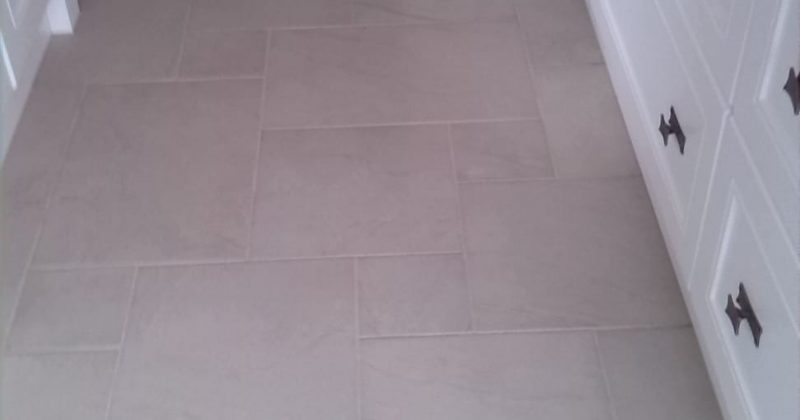Types Of Sealer
Topical Sealers
These are coatings that sit on top of the tiles and do not enter the stone. These sealers often work well on slate floor surfaces, enhancing the colours.
Impregnated Sealers
These are sealers that are water or solvent based that will penetrate below the surface of the stone, then become repellent to water and oil, and helping to protect against staining, grease and grime. Sealers will also protect your stone tile floor and grout lines.
Remember, deep cleaning is essential before sealing floor surfaces.
...

